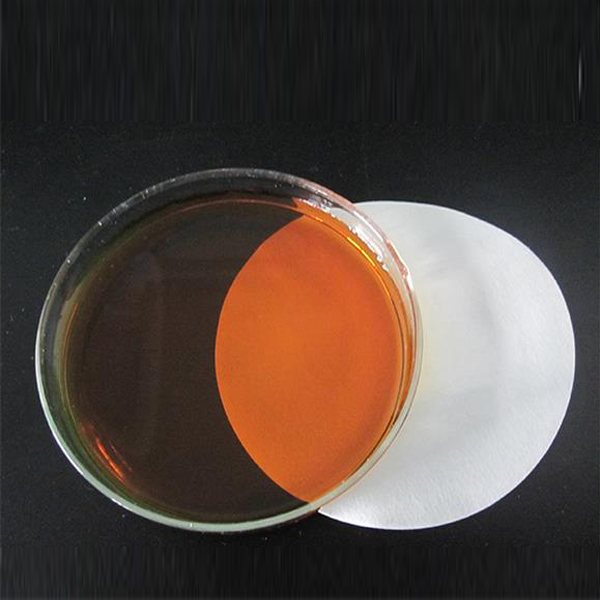
News
dec . 11, 2024 11:04 Back to list
Exploring the Diverse Applications of Polyaspartic Acid in Various Industries
Applications of Polyaspartic Acid
Polyaspartic acid is a versatile polymer derived from the natural amino acid aspartic acid. Its unique properties and adaptability have led to a growing interest in various industrial and environmental applications. In recent years, polyaspartic acid has emerged as a valuable material in fields ranging from agriculture to biomedical sciences. This article explores some of the noteworthy applications of polyaspartic acid.
1. Agriculture
One of the most significant applications of polyaspartic acid is in the agricultural sector. Farmers and agronomists have recognized its potential as a soil conditioner and nutrient carrier. The polymer enhances soil structure and water retention, improving the overall fertility of the land. Its ability to chelate micronutrients allows for better nutrient availability to plants, leading to increased crop yields. Additionally, polyaspartic acid can reduce the need for chemical fertilizers, promoting sustainable farming practices and minimizing environmental impact.
Polyaspartic acid is also making waves in the field of water treatment. Its chelating properties allow it to bind heavy metals and other pollutants, facilitating the removal of contaminants from water supplies. This application is especially critical in areas facing industrial pollution and wastewater management challenges. The polymer can be employed in filtration systems, ensuring cleaner water for both drinking and agricultural usage. Its biodegradability further renders it an eco-friendly option compared to traditional chemical treatments.
3. Biomedical Applications
applications of polyaspartic acid

In the biomedical arena, polyaspartic acid exhibits promising potential. Researchers are investigating its use in drug delivery systems due to its ability to form hydrogels that can encapsulate and release therapeutic agents in a controlled manner. This characteristic is particularly beneficial for targeted drug delivery, minimizing side effects and enhancing treatment efficacy. Moreover, polyaspartic acid can be used in tissue engineering as a scaffolding material, supporting cellular growth and differentiation.
4. Coatings and Paints
Polyaspartic acid is gaining popularity in the coatings and paints industry, particularly for its application in floor coatings and protective finishes. Its rapid curing properties and resistance to UV light and chemicals make it an ideal choice for industrial settings where durability is crucial. Polyaspartic coatings can withstand heavy traffic, making them suitable for warehouses, shopping malls, and manufacturing facilities. Additionally, these coatings are often more environmentally friendly than traditional epoxy options, providing a safer alternative for both workers and the environment.
5. Personal Care Products
The cosmetic industry has also recognized the value of polyaspartic acid. Its moisturizing properties make it a desirable ingredient in skincare formulations. It helps to improve skin hydration and can enhance the texture of creams and lotions. Furthermore, its film-forming capabilities provide a protective barrier on the skin, contributing to a smoother and more radiant appearance. As consumers increasingly seek products with natural ingredients, polyaspartic acid serves as a biodegradable alternative to synthetic additives.
Conclusion
The applications of polyaspartic acid are vast and varied, spanning multiple industries and paving the way for innovative solutions to contemporary challenges. From improving agricultural practices and enhancing water treatment processes to its role in biomedical advancements and environmentally friendly coatings, polyaspartic acid proves to be a multifaceted compound with immense potential. As research continues to uncover new uses, it is likely that polyaspartic acid will play an increasingly important role in promoting sustainability and health across various sectors. This promising polymer not only addresses existing issues but also aligns with the global movement towards greener, more sustainable practices.
-
Polyaspartic Acid Salts in Agricultural Fertilizers: A Sustainable Solution
NewsJul.21,2025
-
OEM Chelating Agent Preservative Supplier & Manufacturer High-Quality Customized Solutions
NewsJul.08,2025
-
OEM Potassium Chelating Agent Manufacturer - Custom Potassium Oxalate & Citrate Solutions
NewsJul.08,2025
-
OEM Pentasodium DTPA Chelating Agent Supplier & Manufacturer High Purity & Cost-Effective Solutions
NewsJul.08,2025
-
High-Efficiency Chelated Trace Elements Fertilizer Bulk Supplier & Manufacturer Quotes
NewsJul.07,2025
-
High Quality K Formation for a Chelating Agent – Reliable Manufacturer & Supplier
NewsJul.07,2025
